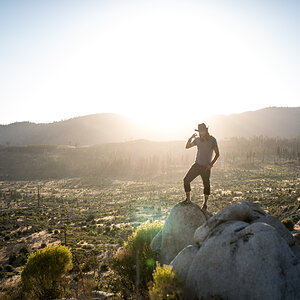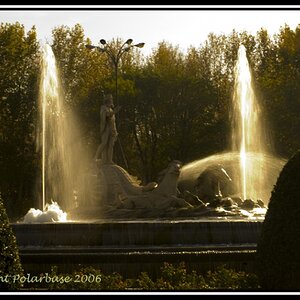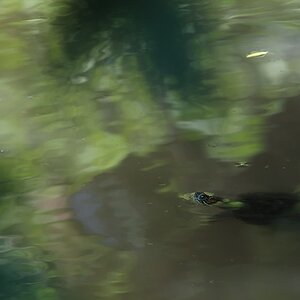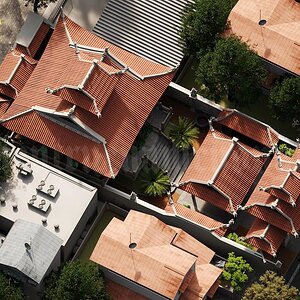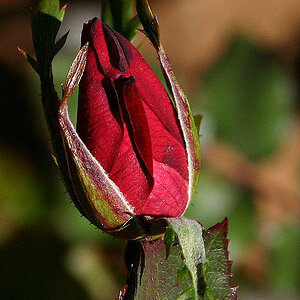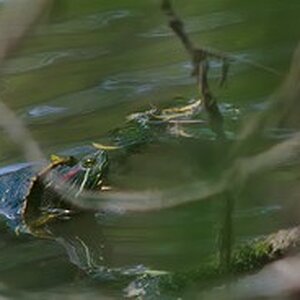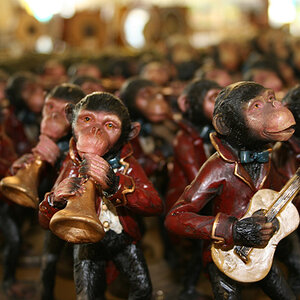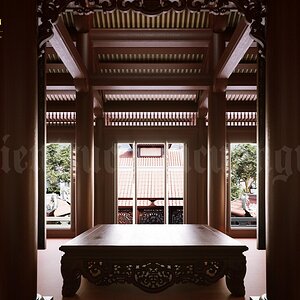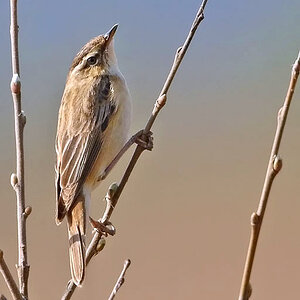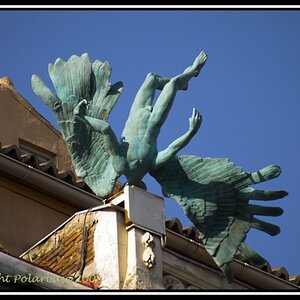2WheelPhoto
TPF Noob!
- Joined
- Apr 14, 2011
- Messages
- 6,844
- Reaction score
- 996
- Location
- Tampa
- Can others edit my Photos
- Photos OK to edit
Thanks. Good point. This gives me reason to reconsider the D7000. I was reading today an article about how great the Nikon 85mm f/1.4 was for poor light, I guess any fast lens would be, right? And how that would be a great combination. Can you use an FX lens on a D7000?



